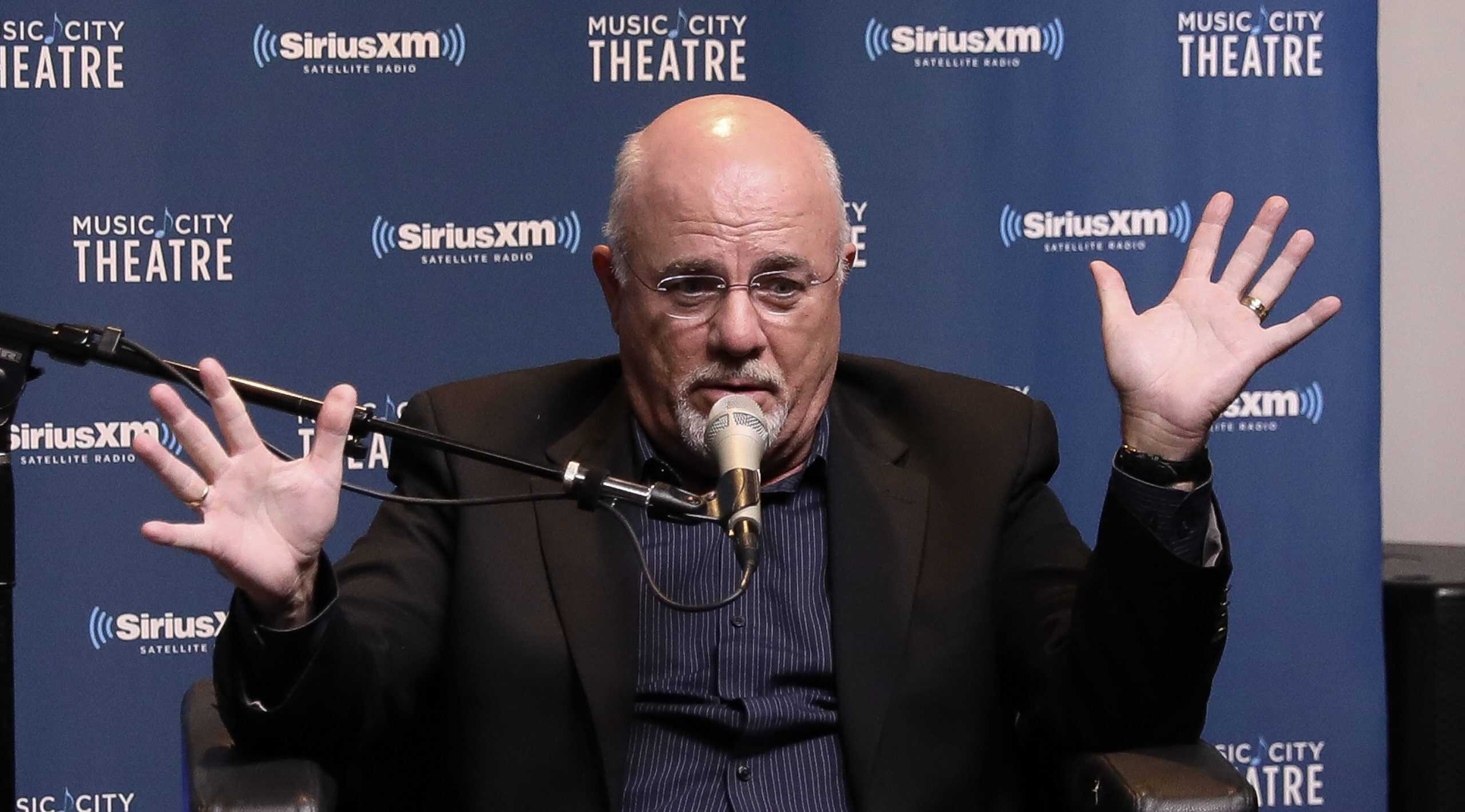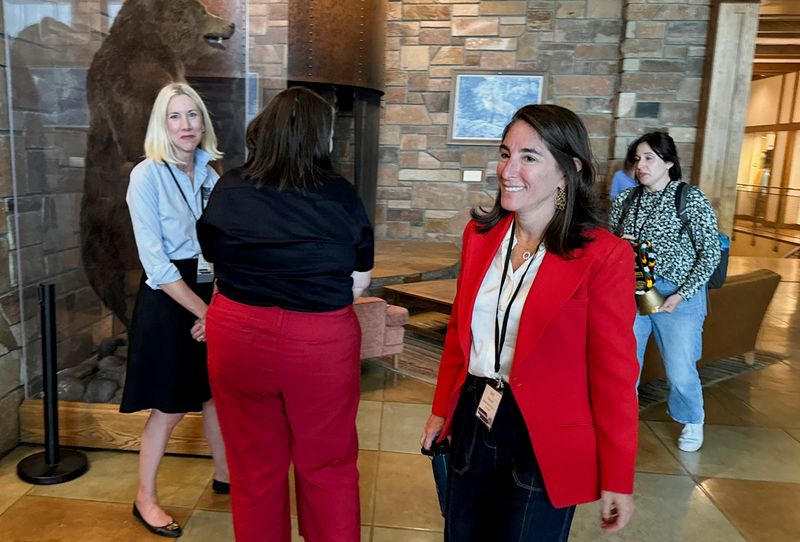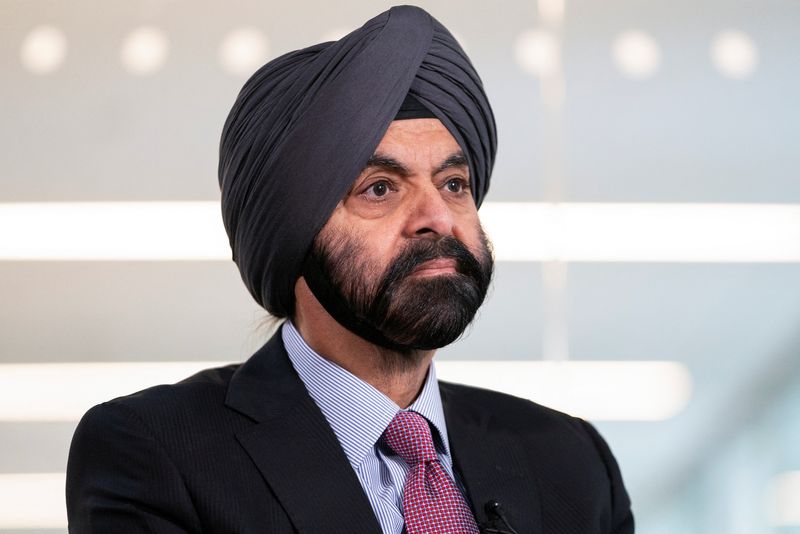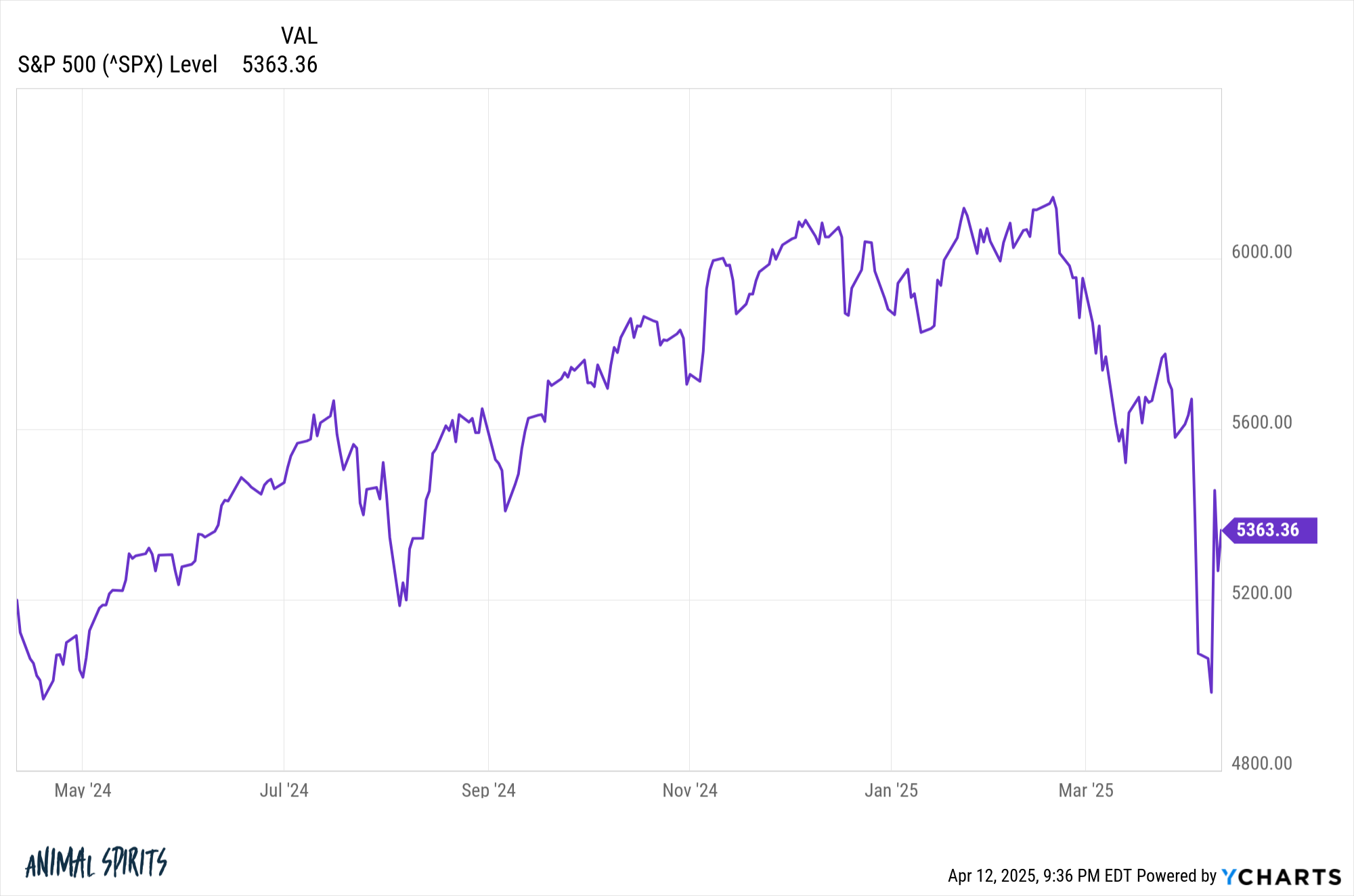Dave Ramsey shares the big difference between wealthy people and poor people when it comes to making big purchases
Dave Ramsey likes to keep things simple and to the point, often with a hard dose of medicine that listeners really need to turn their financial lives around. Though Ramsey’s viewpoint and advice shouldn’t be taken as gospel, I do think that he means well to his listeners and wants to give them pointers on […] The post Dave Ramsey shares the big difference between wealthy people and poor people when it comes to making big purchases appeared first on 24/7 Wall St..

Dave Ramsey likes to keep things simple and to the point, often with a hard dose of medicine that listeners really need to turn their financial lives around. Though Ramsey’s viewpoint and advice shouldn’t be taken as gospel, I do think that he means well to his listeners and wants to give them pointers on what he’d do if he were in their shoes. Indeed, perhaps it’s Ramsey’s ability to envision himself in the spot of his listeners that makes him such a popular voice in the personal finance scene.
In a previous YouTube Short, Dave Ramsey highlighted one of the notable behavioral differences between the rich and the poor when it comes to making purchases. Notably, more affluent people view purchases from a long-term vantage point, while those who are living paycheck to paycheck may be inclined to have a shorter-term view of how a purchase will impact them.
Key Points
-
Dave Ramsey notes rich people tend to have a longer-term mindset with purchases compared to those with limited means.
-
4 million Americans are set to retire this year. If you want to join them, click here now to see if you’re behind, or ahead. It only takes a minute. (Sponsor)
Taking into account the true opportunity costs of every large purchase
Indeed, taking enough time to research a purchase while considering the opportunity costs and how that will impact one’s financial future over the long haul seems conducive to wealth creation over time. The good news is that those who aren’t wealthy can adopt such a behavior. Either way, I’m with Ramsey in that long-term thinking, patience, and discipline is the way to go, especially when going about big-ticket purchases like vehicles, homes, or anything of the sort.
Of course, the “put it on credit” mindset that keeps many trapped in the paycheck-to-paycheck cycle is difficult to escape. Subtle behavioral changes made over time, though, can add up over time, perhaps by enough to make a profound difference in the grander scheme of things.
When taking enough time to evaluate the long-term impact of purchases made, one may be inclined to live far below one’s means and have a preference for purchasing assets that would make one far better off financially in 10, 20, or 25 years down the road. Delayed gratification and a long-term horizon really can make a long-lasting impact on one’s wealth-creation journey.
It’s more about being deliberate with purchases.
Now, does being deliberate with how one spends their money entail taking things to extremes by committing to no-buy years or purchasing the cheapest quality furniture to save hundreds of thousands of dollars upfront? Definitely not. By adopting a long-term view before making a purchase, one will also factor in depreciation, replacement costs, and all the sort.
Given this, a pricier upfront purchase may be the more cost-effective solution over many decades. Indeed, what’s the point of paying a bottom-of-the-barrel price for a sectional that won’t last more than five years when you could invest in a piece that one probably won’t need to replace for another few decades? Of course, the pricier option must fit within one’s budget. And, preferably, such a purchase shouldn’t be paid for with credit unless one will pay off the balance by the end of the month.
If you’re looking to take your budgeting game to the next level while changing your spending habits, a financial planner is worth reaching out to.
The bottom line
Putting more thought into purchases while considering the long-term financial plan can be a profoundly profitable way to go about things.
By putting in the homework and weighing the opportunity costs of every big buy, one will have a better idea of whether a purchase is a smart financial move or one that could set them back by months. In short, I think Dave Ramsey is spot-on in that savvy spenders tend to play the long game, thinking years out rather than days out.
The post Dave Ramsey shares the big difference between wealthy people and poor people when it comes to making big purchases appeared first on 24/7 Wall St..


































































































































































